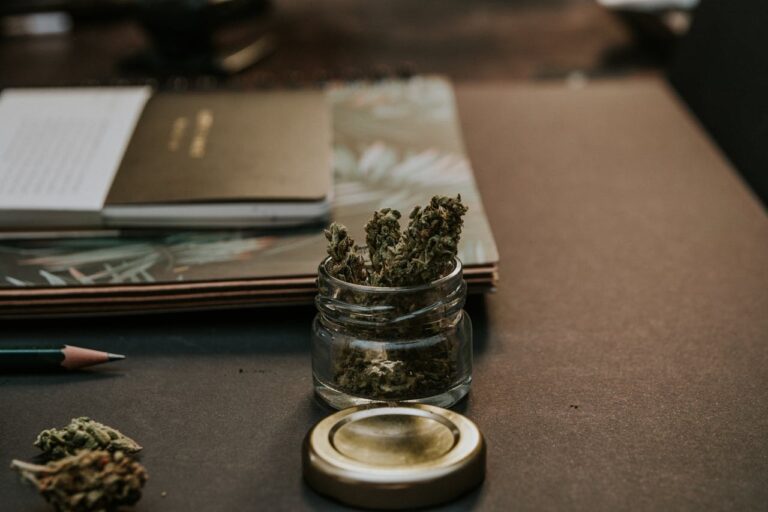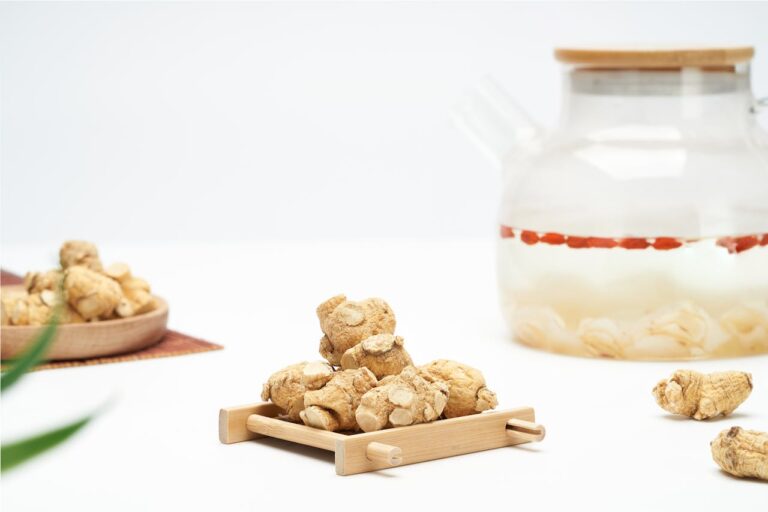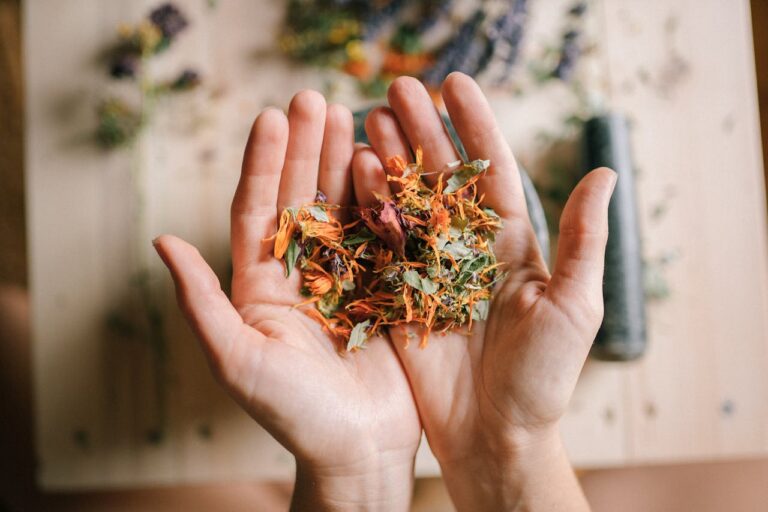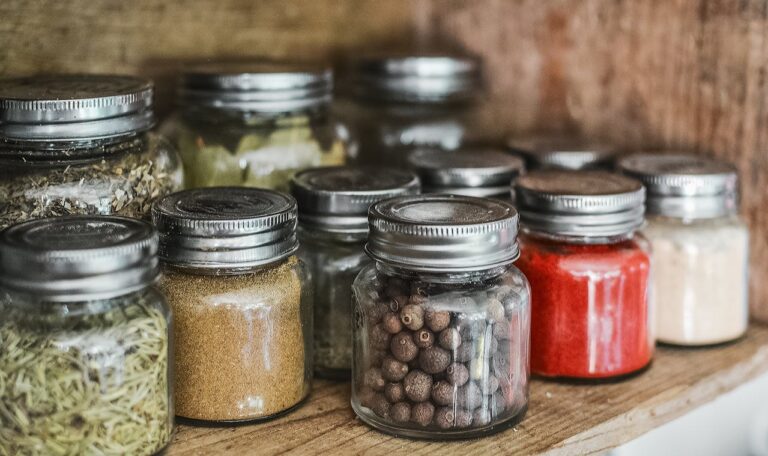The Hidden Damage of Antibiotics on Your Gut
Antibiotics are lifesavers, helping to fight off infections and serious illnesses. But while they eliminate harmful bacteria, they also disrupt the delicate balance of your gut microbiome—wiping out the good bacteria your digestive system depends on.
After a course of antibiotics, many people experience digestive issues like bloating, diarrhea, and weakened immunity. This happens because antibiotics don’t discriminate between harmful pathogens and beneficial microbes. The result? A gut left vulnerable, struggling to function at its best.
If you’ve recently taken antibiotics, you may be wondering: How do I restore my gut health naturally? The good news is that nature offers powerful herbal remedies that can help rebuild your microbiome, soothe inflammation, and support digestion.
Best Herbs to Restore Gut Health After Antibiotics
1. Slippery Elm (Ulmus rubra) – Soothes and Protects the Gut Lining
Slippery elm has been used for centuries to calm digestive discomfort. It contains mucilage, a gel-like substance that coats and protects the intestinal lining, reducing irritation and inflammation caused by antibiotics.
How to Use:
- Mix 1 teaspoon of slippery elm powder into a glass of warm water and drink before meals.
- You can also find it in capsules or lozenges for convenience.
2. Marshmallow Root (Althaea officinalis) – Supports Mucosal Healing
Like slippery elm, marshmallow root is rich in mucilage, making it a fantastic herb for gut repair. It helps create a protective barrier in the intestines, easing inflammation and promoting the regeneration of healthy gut cells.
How to Use:
- Steep 1 tablespoon of dried marshmallow root in hot water for 10-15 minutes and drink as a tea.
- Alternatively, take it as a supplement or tincture.
3. Licorice Root (Glycyrrhiza glabra) – Balances Stomach Acid and Reduces Inflammation
Licorice root has natural anti-inflammatory and soothing properties, making it excellent for restoring gut balance after antibiotics. It helps regulate stomach acid levels and supports adrenal function, which can be weakened by stress and medication.
How to Use:
- Drink licorice root tea once or twice a day.
- Look for DGL (deglycyrrhizinated licorice) if you have high blood pressure, as it removes compounds that can raise blood pressure.
4. Garlic (Allium sativum) – Supports Good Bacteria and Fights Pathogens
Garlic acts as a natural prebiotic, feeding beneficial gut bacteria while helping to combat harmful microbes. It also has mild antibacterial properties that help keep the gut microbiome balanced without wiping out good bacteria like antibiotics do.
How to Use:
- Eat raw garlic or add it to your meals daily.
- Take aged garlic supplements if raw garlic is too strong for your stomach.
5. Ginger (Zingiber officinale) – Eases Nausea and Enhances Digestion
Ginger is a powerful digestive aid that helps reduce nausea, bloating, and inflammation in the gut. It can also stimulate bile production, which supports digestion and nutrient absorption.
How to Use:
- Brew fresh ginger tea by steeping slices of ginger in hot water.
- Take ginger supplements or add fresh ginger to smoothies and meals.
6. Chamomile (Matricaria chamomilla) – Calms the Gut and Reduces Stress
Chamomile has natural anti-inflammatory and antispasmodic properties, making it perfect for soothing digestive distress after antibiotics. Since stress also affects gut health, chamomile’s calming effects on the nervous system can further promote healing.
How to Use:
- Drink chamomile tea before bed to relax the gut and promote better digestion.
- Take chamomile extracts or tinctures for a stronger effect.
7. Dandelion Root (Taraxacum officinale) – A Prebiotic Powerhouse
Dandelion root is packed with inulin, a type of prebiotic fiber that feeds good bacteria and encourages the growth of a diverse microbiome. It also supports liver detoxification, which is crucial after antibiotic use.
How to Use:
- Drink dandelion root tea or coffee substitutes.
- Use dandelion root powder in smoothies or soups.
Additional Tips to Restore Gut Health Faster
✅ Eat Fermented Foods
Probiotics like yogurt, sauerkraut, kimchi, and kefir help repopulate your gut with good bacteria.
✅ Increase Prebiotic Fiber Intake
Foods like onions, garlic, bananas, and asparagus feed healthy gut bacteria and promote balance.
✅ Stay Hydrated
Drinking plenty of water helps flush toxins and supports digestive processes.
✅ Manage Stress
Chronic stress weakens gut health. Try meditation, deep breathing, or herbal adaptogens like ashwagandha.
✅ Avoid Processed Foods & Sugar
These feed harmful bacteria and yeast overgrowth, making it harder for your gut to recover.
Final Thoughts
Recovering from antibiotics doesn’t have to be a long and frustrating process. By incorporating healing herbs like slippery elm, marshmallow root, and ginger, along with probiotic-rich foods and mindful lifestyle choices, you can naturally restore your gut health.
Your digestive system is resilient—give it the right support, and it will bounce back stronger than ever!
Disclaimer:
This article is for informational purposes only and is not intended as medical advice. Always consult with a healthcare professional before starting any herbal remedies, especially if you have underlying health conditions or are taking medication.







